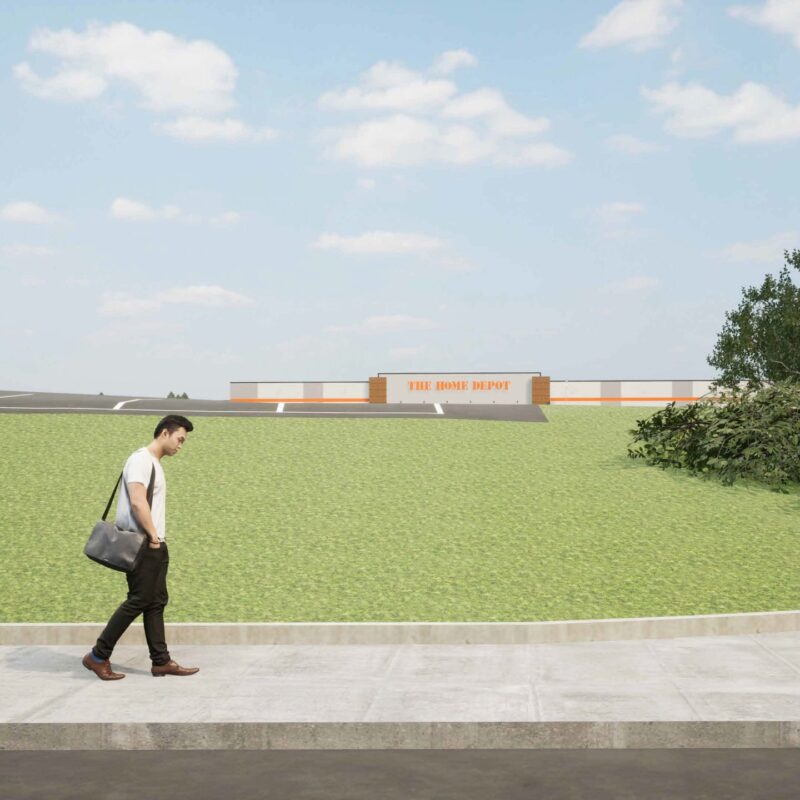“This is very unhealthy in here for all,” reads one letter. “No one deserves this kind of punishment.”
In dozens of letters written over a period of months, people incarcerated at the Albemarle-Charlottesville Regional Jail reported that shoddy COVID containment procedures, poor general hygiene, and strict visitation policies have plagued the facility.
These complaints are not new. Since last year, the Charlottesville chapter of the Democratic Socialists of America has been corresponding by mail with more than a dozen people in the ACRJ. In January, C-VILLE published a story detailing the unhygienic conditions and other issues at the facility.
According to recent interviews with C-VILLE—and additional letters collected by DSA—very little has changed at the jail.
Poor COVID management
In recent months, the ACRJ has failed to properly treat COVID cases and keep the deadly virus from spreading, according to multiple sources from within the facility.
Over the summer, Terrence Winston says that his entire cell block contracted coronavirus, even though most of the men were fully vaccinated.
“One person had to go to medical, and we quarantined, but they never came and COVID tested us,” explains Winston, who has been incarcerated at ACRJ since 2019. “The only thing they did was check our blood pressure, check our temperature, and gave us this cough and cold medicine.”
“Some people just had the sniffles, but others had the cough, sore throat, congested head cold, lost sense of smell and taste, body aches,” he adds. “I still really don’t have my full sense of taste and smell back.”
According to ACRJ Superintendent Martin Kumer, there are currently three active COVID cases at the jail. Around 47 percent of the population is fully vaccinated, and 55 percent have received at least one dose of the shot.
In September, Deryck Brown claims the jail added a new person to his block in the middle of a lockdown. The man soon started exhibiting minor COVID symptoms, and the whole block had to get tested. Four people tested positive and were put into quarantine, but “we all had it, all 12 of us,” wrote Brown.
Over the next few days, he and another man started to experience COVID symptoms too. They were tested again and moved to a quarantine block. However, they were later moved to the medical unit due to issues with a “problematic bunch,” then back to quarantine.
“Initially I praised ACRJ’s handling of COVID, but now I’m simply appalled,” wrote Brown. “[Jail administration is] moving all these people around, potentially exposing healthy people to sick people and making a huge mess out of this whole situation.”
When he wrote his letter, Brown was still experiencing severe symptoms of the virus.
“Now it hurts to breathe, I can’t smell anything, my whole body aches, and I feel like shit, all because they forgot the meaning of the word ‘lockdown,’” he wrote.
‘Filthy as fuck’
Incarcerated people also report that jail leadership hasn’t addressed their complaints about the building’s numerous health and sanitary issues.
One woman, who asked to remain anonymous, claims that the older part of the jail, built in the 1970s, is filled with cockroaches and spiders. The showers get backed up regularly, and the faucets don’t work properly.
“We are always getting watered down cleaning solution,” she wrote of the women’s quarters. “And the towels that we get to exchange once a week ALWAYS smell bad.”
The men—housed in the newer part of the jail, which was built in 2000—report similar conditions, including black mold in the showers, cells, and air vents. There are also leaks in the ceiling. One letter writer reports that the heat hasn’t been turned on yet, either.
“There is a bag full of poop water hanging from a pipe from the ceiling,” wrote Winston. “It’s filthy as fuck.”
“This is a nightmare,” wrote Allan Via, who has been incarcerated at ACRJ for four years.
Men also report cockroaches, maggots, spiders, silverfish, and fruit flies running rampant in the facility.
While heading to bed one night in August, Winston realized he had a small bump on his left arm. When he woke up, his entire arm was swollen and filled with fluid. Though the nurses told him it was a staph infection, he believes it was a spider bite.
“I’m sitting there playing spades, and it just busted. This stuff just starts bleeding out of my arm,” explains Winston. “It was the most disgusting thing I’ve ever seen in my life.”
“I had a humongous hole in my arm. They were supposed to treat it every day, then they wanted to stop,” he continues. “Once the hole finally closed, it still was swollen…they kept putting me on antibiotics instead of just checking on it to make sure it was fine. They just gave up.”
Other men in the jail have also gotten spider bites, including on their faces, claims Winston.
“We reach out, we ask for help…and we pretty much get treated like shit,” he says.
Little to do
Since the start of the pandemic, the jail has banned in-person visits, which has taken a heavy toll on the population’s mental health.
“The ban was horrible,” wrote one man, who wished to remain anonymous. “I only gotten to see my kids in pictures.”
“The ban on visits takes away from your spirit, your hope, adding to your loneliness and the great hurt you already have being separated from your loved ones,” wrote Via.
After months of waiting, every person in the jail now has their own tablet, which they can use to do video visitations with those outside, as well as watch TV, listen to music, and send emails. However, it costs $15 per video call, and 5 cents per minute for other tablet activities. Want to catch a football game? It’ll cost you around $9.
And the tablet system doesn’t work for everyone. “My papa has no smartphone or computer, so even video visits are not [worth it] for some of us,” wrote the incarcerated woman.
Kumer says the jail will allow in-person visits again “as soon as it is safe to do so.”
With classes and programming also still on pause, people at the jail are left with little to do. They are not allowed to go outside, and have limited indoor recreation time each week. They are also banned from ordering books online, meaning they can only read books already inside the jail. The jail says this rule was put in place because people had used books to smuggle drugs into the building.
To pass the time, many people feel they have no choice but to become trustees, says Winston.
“Without the trustees, this jail would be fucked. Right now they’re short staffed,” he says. “[Trustees] fix the jail, they help clean the jail, they help keep the jail presentable, they cook…They work like slaves down there.”
Though they do not get paid or receive any special benefits for their hard work, they at least have “something else to do for the day,” Winston says.
Winston himself has not been allowed to be a trustee due to his charges.
“I’ve been sitting up in this jail for almost three years. There’s no programs that will help me,” he says. “It’s like I can’t do nothing. I just gotta sit here.”






